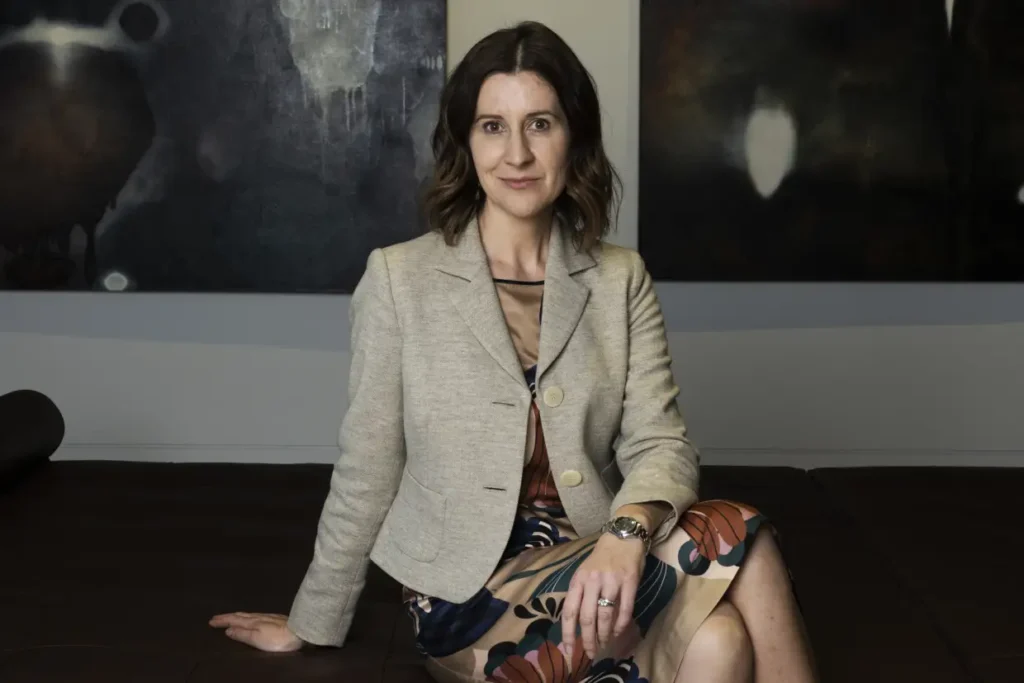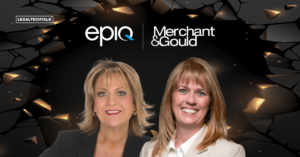Source: Financial Review
Leading law firm Allens decided to build its own version of ChatGPT because it didn’t trust the original – and didn’t want to share its expertise.
Lisa Kozaris, the firms’ chief of innovation and legal solutions, said the main problem with the public version of the transformative artificial intelligence tool was that it shaped as being more trouble than it was worth.
“We really wanted to be able to provide access to our people so that they could experiment, explore its capabilities and experience first-hand its limitations,” she said,
“But it doesn’t have the sort of enterprise level security that we or our clients would be comfortable with.”…
Read full article: https://www.afr.com/companies/professional-services/allens-didn-t-trust-chatgpt-so-it-built-airlie-20230816-p5dwvv








